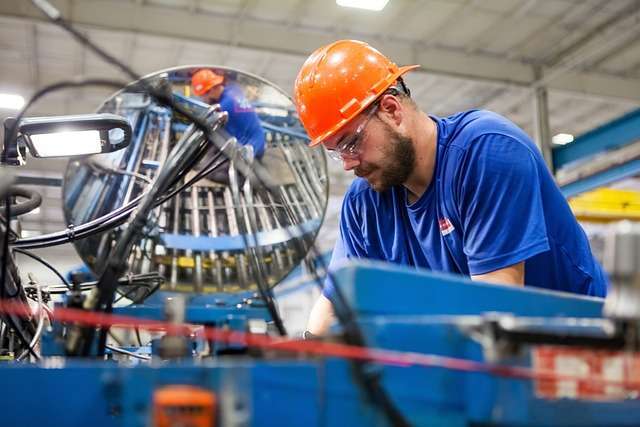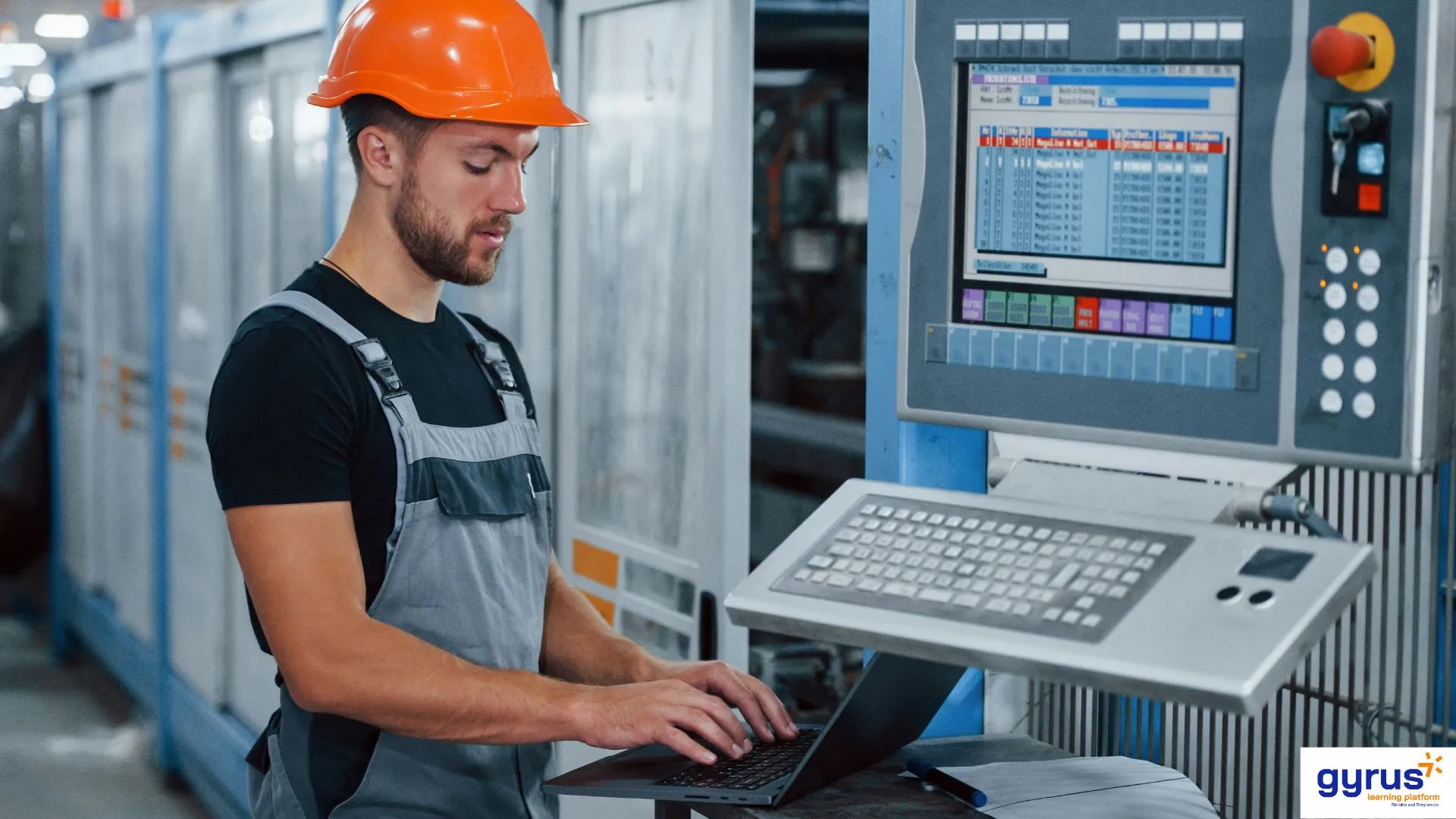Frequently used by businesses of all sizes and various industries, the LMS or Learning Management Systems have changed the way of training people. An LMS is a software-based technology that is used to plan and implement a particular learning process. It is used for learning practices and provides an instructor to deliver the knowledge content and assess the learners on the platform. This system provides a large number of modern interactive features. The LMS has changed the traditional way of teaching and has replaced it with servers, which saves time and money and provides a better learning atmosphere.
The LMS focuses on knowledge management. It gathers, organizes, and analyzes the information related to an industry or an organization on documents and people skills. This differentiates it from the other modes of learning and makes it a revolutionary method. Latest the LMS has made a huge impact on the learning process involved in the manufacturing industry. It has changed how people are trained.
How LMS has affected the manufacturing industries?
The manufacturing industries have to keep up with a large number of compliances and regulations throughout. Thus, imparting the relevant knowledge and training programs regarding the same becomes an essential aspect of their working. To maintain a well-functioning company, it is essential to be updated and keep up with the changing work environment and prevent laws in practice. The employees or the manufacturing units of industry are often located at different places, and some may even have different timings.
It becomes very difficult to maintain the learning level of all the employees on track. The LMS is a great solution for this problem, and this has helped in changing how manufacturing industries train their people. The LMSensures that the essential information reaches all the employees in a standard form and they remain aligned with the regulations. It offers several other advantages that have made this a suitable option and have brought a change in the learning methodology for the manufacturing industries. Let us look at the various ways LMS has benefited the manufacturing industries:
- Better control over the training program
Learning from an LMS program maintains a set standard of learning for all the employees. There is a uniform learning source and well-analyzed materials. Every manufacturing unit gets the learning course as suited for their needs and up to the market standards with all the current laws and regulations included. - Helps in compliance management
When it comes to the manufacturing industries, following compliances is one of the most important day-to-day functions. Not following the same can lead to breaches, and that can affect the business to a great extent. Earlier it was very hard to keep up with the constantly changing laws and regulations and their quick understating. However, with time and with the help of LMS, it has become much easier to manage the compliances for the function of the industries. Agile compliance helps avoid any breach that might occur and cause losses to the industries. - Provides business intelligence
LMS learning offers the additional feature of tracking and reporting and the details related to the training. This information is represented in a very simple manner, and that makes it very easy to understand the performance of each learner. This is an essential step from the point of view of a manufacturing study as an assessment of compliance and regulation along with the gained knowledge. Further, it also helps in locating the areas of improvement required and provides training. Business intelligence helps in the overall growth of the business and the industry. With the use of LMS, the manufacturing industry has improved to a great extent. - Flexibility in learning
One of the biggest advantages of using an LMS is that it brings a great amount of flexibility in the process of learning. It allows the learner to study at their own pace and level of understating. This method of learning leads to better-simplified learning instead and does not require much need for physical help. It gives the employers an added advantage as they can all provide their employers with the required knowledge and skills at their convenience. The learners can update themselves on their own, which has helped the manufacturing industry greatly. - Cost-effective
Training programs and skill-building exercises often cause huge costs and other resources as well. This has often been referred to as a sensitive issue in the case of manufacturing industries. With the introduction of LMS, the costs have been reduced down to a large extent and get the desired results. LMS can help in handling large data storage at very economical costs. This has made a huge impact on learning and training in the manufacturing industries globally. The LMS provides quality services at lower prices as compared to the traditional method of learning. - Ease of training
It is very common for the manufacturing industry to have set up multiple manufacturing units at different locations. The traditional method of training had made the process of disseminating essential knowledge, training, and required materials from the same very difficult. LMS has changed this scenario and the manner of teaching. Not only this, different manufacturing units require training in different fields and skills. The easy access to learning at any time any place makes training a much easier process, and the manufacturing industry has made the most of it lately.
Conclusion
At Gyrus, we are mainly focused on serving the needs and demands of our customers. We provide world-class LMS programs. These programs enable assessment of performance, tracking of the progress, and giving instant feedback. We can say that the LMS has changed the way manufacturing industries train their people to a very large extent. With the changing times and work conditions, Gyrus has adapted to all the needs and demands of the manufacturing industry, and that is the reason for its success. Feel free to get in touch and enjoy the benefits of our excellent service.









